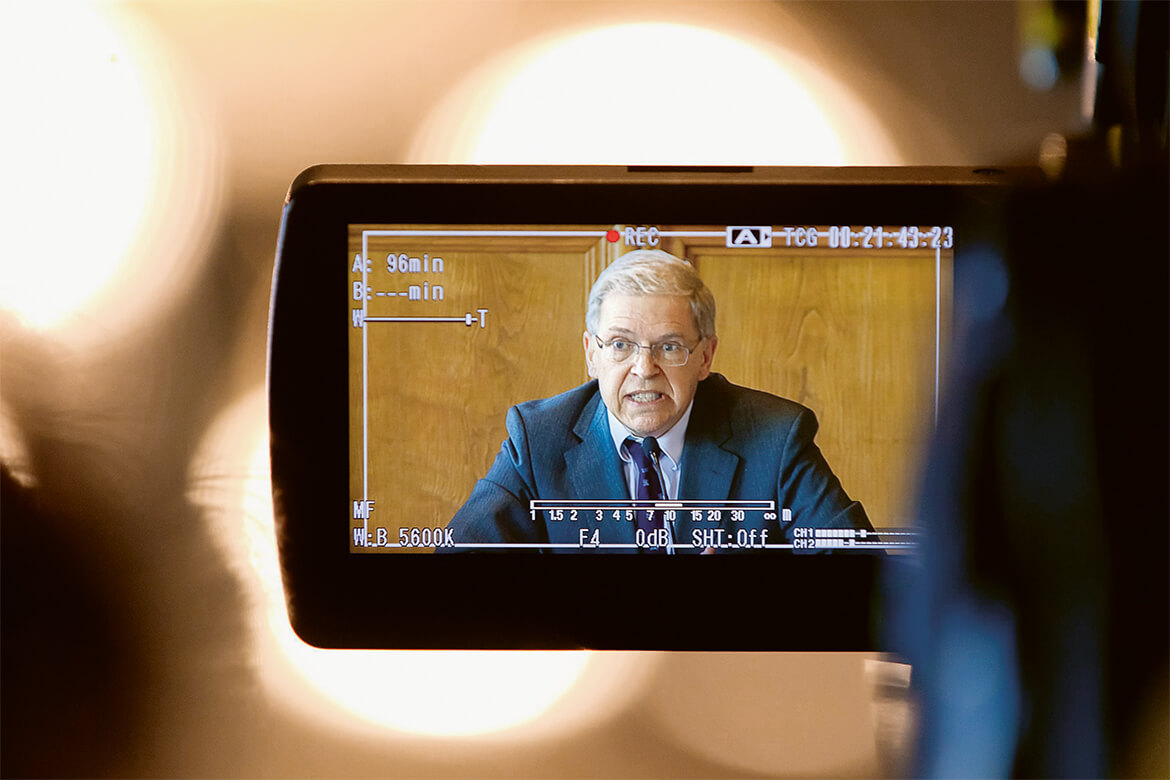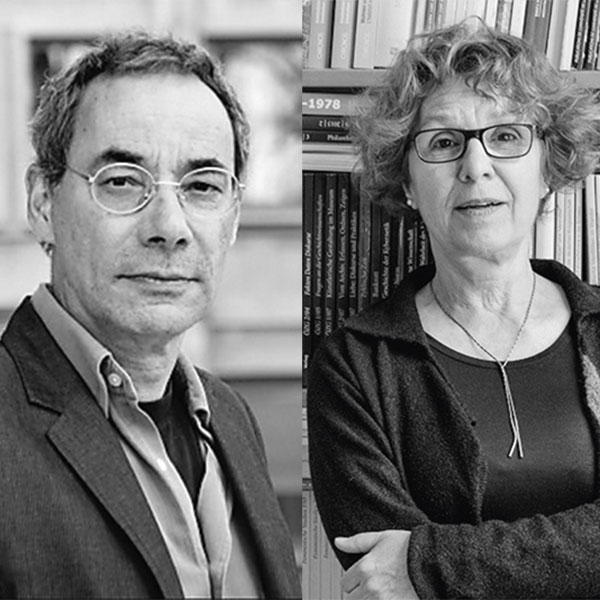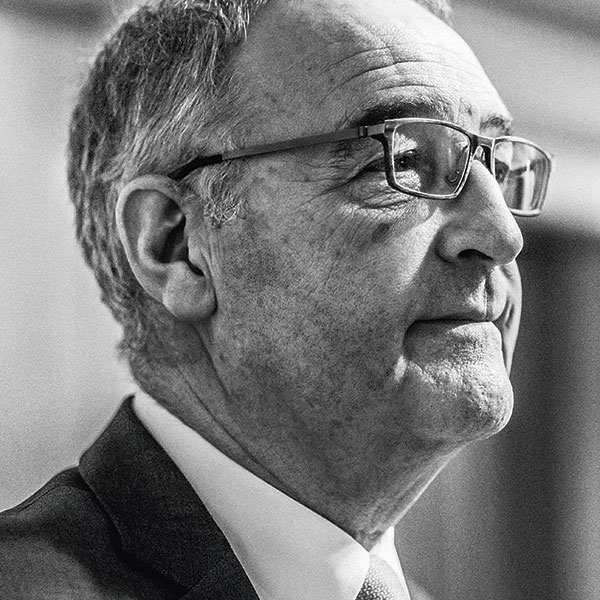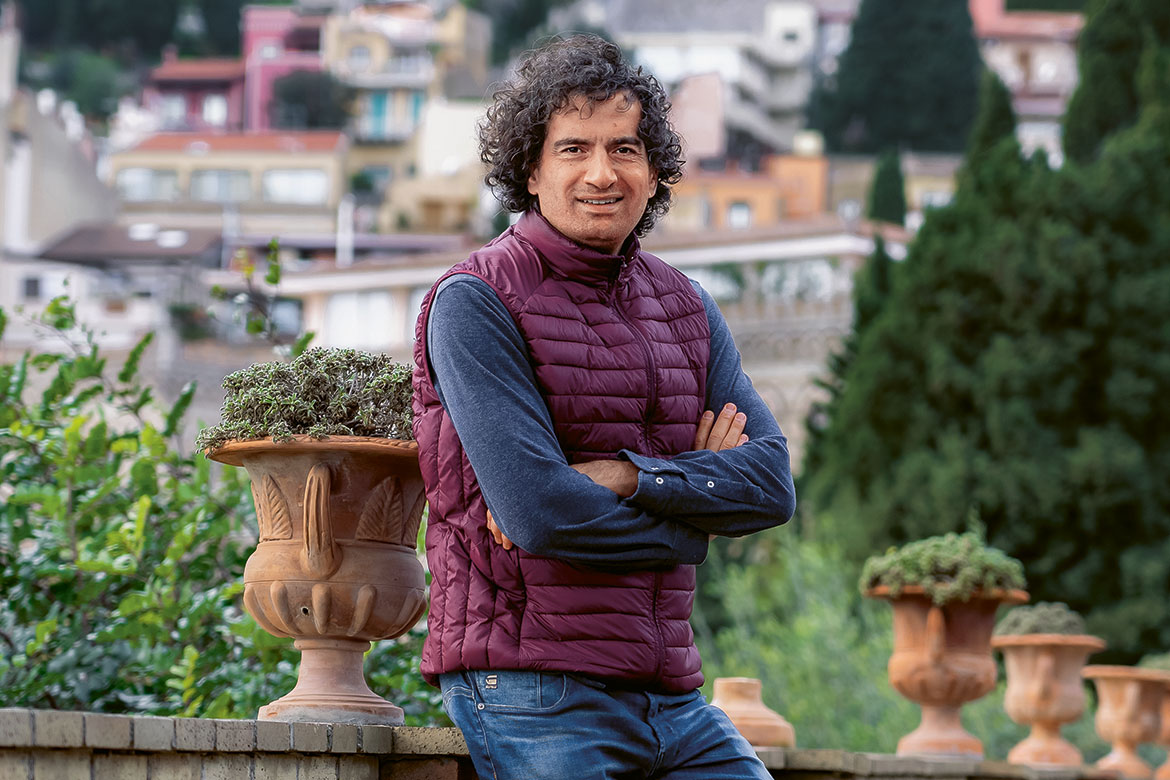Should universities of applied sciences be allowed to award doctorates?
Professors at universities of applied sciences (ASUs) can only supervise doctorates in partnership with colleagues at a university. But should ASUs become autonomous instead?
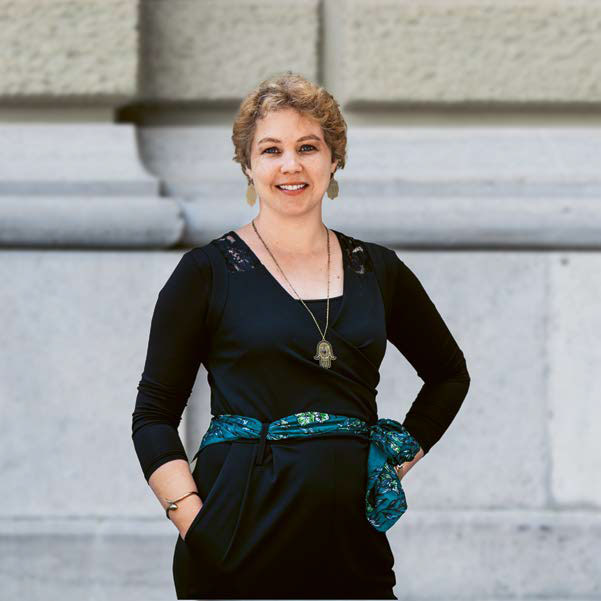
Applied science universities (ASU) already offer adequate infrastructure for conducting research. It’s now time to open them to doctoral students to work autonomously, as this is an essential condition for long-term projects. Research carried out at an ASU is sufficiently mature to support the writing of doctoral theses.
In my field – the development of physical-chemical technology to preserve works of art – there has for some time been the opportunity for museums and archives to propose and directly manage research projects, so long as they have an agreement with an ASU. This is demonstrated by the new modalities for support from the SNSF, which has a new category for application-oriented basic research. This is a step forward for those ASU wishing – and able – to invest in research. We are now seeing the pooling of finance, something previously separated between universities and ASUs, and this is a sign that ASUs have become competitive. They have systematically increased the levels of finance being raised in recent years.
The current situation is actually marked by hypocrisy: there’s no long-term viability for the involvement of ‘ghost’ supervisors – university professors whose name goes on the paper because of the regulatory requirement for doctoral students to be administratively connected to a university. It is not the best way to assist doctoral students, as the follow-up of the professor is not always done regularly. This way of doing things leads to unnecessary difficulties, particularly in highly interdisciplinary projects that require skillsets rarely found in universities.
In my laboratory, the support needed by my two doctoral students must be provided by experts specialised in the preservation and restoration of works, in the chemistry of materials, as well as in the physics of objects. This skillset is only to be found in institutions that have developed all of those areas, such as in the case of some ASUs. Given that there are no Swiss universities offering this form of expertise, most students interested in the field opt to write their theses in France or Germany.
If we are to retain this source of potential scientific discovery, we should now expand access to doctoral studies to ASUs. The requirement for examining panels to include at least one university professor will ensure that the quality meets the necessary standards. I have absolutely no doubt that it will.
Claire Gervais is an SNSF professor at Bern University of the Arts. She directs the ‘new technology for old materials’ laboratory, which currently has two doctoral students.

When Switzerland created its applied sciences universities in 1995, it filled a gap in its educational system. Later, with the provision for easy transfer between different courses, it achieved a further optimisation. These two independent measures played a role in helping us to train specialists and to prevent educational ‘dead-ends’. If a national economy – to put it in technical terms – wants to optimise the educational potential of its population, then both ASUs and permeability are indispensable.
Recently, more and more requests have emerged from ASUs wanting to be able to award doctorates of their own accord. As a former director of education, I reject this.
In contrast to the traditional universities, the ASUs should have people at their disposal who have undergone a vocational training after attending school. This is application-oriented. In their programmes for prospective students, the ASUs place their emphasis on practical applications, not exclusively on a general education as is the case at traditional universities. The legislators believed – and still believe – that the task of the ASUs is to consolidate professional knowledge and skills.
The differentiation between the two types of university was intentional. Traditional universities carry out fundamental research, while ASUs carry out applied research. This also results in the different teaching aims of the different universities. The slogan that was coined at the time the ASUs were founded, ‘equal but different’, remains valid today.
The further education of professionals at ASUs is of crucial importance for the structure of the many small and medium-sized enterprises in Switzerland. Thanks to this practice-oriented type of university, we have been able to maintain and perhaps even improve the quality and competitiveness of these businesses. Giving the ASUs the right to award doctorates would do nothing to improve them further.
Furthermore, the general population is generally hostile towards a process of ‘academisation’. So we mustn’t devalue our dual vocational training. Nor would the cantons that fund the ASUs agree to awarding doctorates. There are times when it’s difficult enough to justify providing funds for any research at ASUs.
Christoph Eymann (LDP) is a member of the National Council and of the Commission for Science, Education and Culture. He is a member of the Basel University Council and from 2013 to 2016 he chaired the Swiss Conference of Cantonal Ministers of Education.

